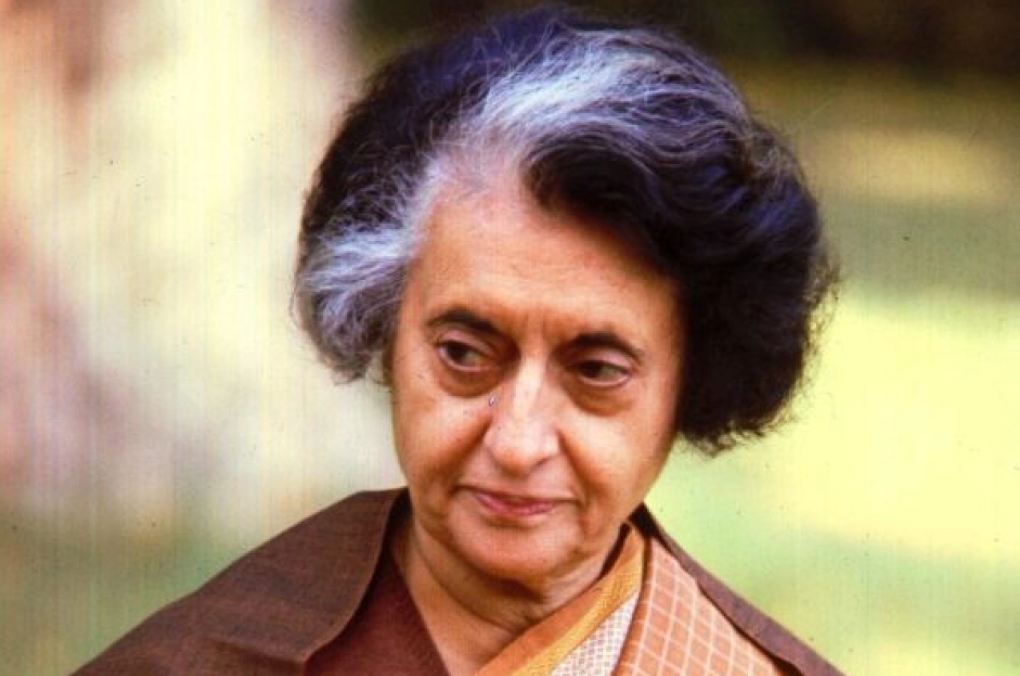KEEP FIGHTING: The cover of the first issue of the Goan Observer is still very relevant today. The wolves keep changing, and they often pretend to be sheep, but Goa still needs to be rescued from them. Battles are fought on many fronts and the Goan Observer needs all the support it can get to continue the good fight!
BY RAJAN NARAYAN
‘Goan Observer’ turns sweet 16 this November. Despite the hostility of the government and the fears of the industrial and business lobby which used to support us, we continue to survive if not thrive. We remain committed to our slogan ‘Freedom From Fear’. The degree to which you will be oppressed is only to the extent that you are willing to put up with oppression…
With the November 12 issue of the Goan Observer we have completed 16 years as an independent media organisation. The first issue of the Goan Observer was published on November 15, 2003. At 16 we are no longer children. On the other hand we are still not adults. Whether we graduate from adolescence to healthy vibrant adulthood depends on you, our readers.
The last few years, particularly since 2014 when the BJP captured power by a huge majority at the Center, have been bad years for the media — both for the big media houses (which includes print and televisions) and smaller media houses. In the case of big media houses like the Times of India, NDTV, The Hindustan Times and regional papers like the Rajasthan Patrika senior journalists have been sacked under pressure from the Modi government.
CNN18, the television channel started by Rajdeep Sardesai, was forcibly sold to the Ambanis — leaving both Rajdeep and his wife Sangrika without a job. The TOI recently sacked Faye D’souza the high profile anchor of Bombay Mirror, allegedly under pressure from Commerce Minister Piyush Goel.
The outstanding journalist who has taken on the Modi Government, the main anchor of the Hindi NDTV Ravish Kumar was recently conferred the Magsaysay award. Any journalist from any of the major media groups who displeases the political bosses is forced to leave the organisation. The only national newspapers who have relatively maintained their independence is the Indian Express group and The Hindu owned and edited by N Ram of Bofors fame.

If you are too big you are bound to be targeted by the Modi government with income-tax raids, denial of government advertising and other forms of harassment as in the case of Radhika and Prannoy Roy of India Today. For small and medium newspapers, advertisements form a significant part of their revenue. All over the country small and medium media companies like the Goan Observer are under tremendous pressure to close down. The only dissident media houses which have been able to sustain themselves are those run by charitable trusts like the Economic and Political Weekly.
MOVING ONLINE
While a few fearless online media organisations like Wire and Scroll, continue to resist government dadagiri, they are not viable and depend on donations. While the print media the world-over has shut down, many of them have been able to generate revenue from their online editions. The New York Times which shut down its print edition recently has requested its readers to contribute $1 a week for sustaining the paper. Other famous papers like The Wall Street Journal also charge for reproduction of articles and only present a brief summary in the online edition. Unfortunately in India while online attracts a lot of attention it is not able to generate revenue.
Curiously, not only readers of English newspapers but even Marathi papers in Goa are switching online. In the past there was a clear divide between the Hindu and the Catholic community. The former, if they purchased a paper delivered at home, inevitably chose a Marathi paper. In contrast Catholics opted for an English paper. Which is why the Herald which was designed to cater to the minority community has been able to withstand challenges from both Navhind Times and even TOI.
The TOI has tried very hard to break the hold of the Herald on south Goa, even introducing tiatr reviews. But nothing has worked and TOI remains the number three paper in the state.
Printers admit that the circulation of all papers, irrespective of language, is falling as people are switching to online editions. The Modi government moreover seems to be determined to kill the print media. The customs duty on newsprint has been increased steeply. The GST on printing is as high as 12% as against only 5% on advertising. With newspaper readership in China registering a huge increase, the competition has driven up the cost of paper. Papers like the TOI which used to import newsprint now use local newsprint further under mining the viability of small media.
Undoubtedly the biggest reason media and particularly dissident media is suffering is the discriminatory policy of the government both at State and Center level with respect to advertising. As it is the print media has been hit by the shift initially from print to TV and now in addition to TV, the internet. Though in terms of the total budget of the government on advertising internet still accounts for less than 10%, its share is growing — particularly with advances in IT technology.
Why read about the speech by Prime Minister Modi when you can see it live on your smart phone? Live streaming is in fact posing a threat even to television. On the online space it is YouTube which is more popular and earns the largest revenue for Google. But the problem with online news is that all online platforms, whether Facebook or Whatsapp or Twitter or Instagram are admitted to be rigged. Indeed, Facebook is reported to have played a major role in the victory of Donald Trump as president of the US. Facebook is under investigation and had to pay a huge fine because Cambridge Analytica, which was its affiliate, was used for match fixing in the US elections.

PEGASUS SCANDAL
The latest online scandal is the admission by WhatsApp to the US house committee that Israeli spyware, called Pegasus, was used by operators to spy on over a thousand Indian activists, including journalists, politicians and even judges. It also acknowledged that Facebook and the internet played a major role in the victory of the BJP in the 2014 and 2019 elections.
People in India and even more so in Goa have greater faith in the print media than television or internet. Print media is much more transparent than television or the internet which is the most secretive of the media options. In the case of print media it is there in black and white and the reader can decide whether the paper is telling the truth or carrying paid news.
It has become almost impossible to run an independent media organisation or be an honest journalist. Ever since the Modi government took over, dozens of dissenting voices have been silenced. Many independent journalist in small-time papers have also experienced the wrath of the Central or State government. There are editors who openly admit that they believe in positive journalism — which translated in English means that they will not question any decision by the government.
Goan Observer has for 16 years done its best to uphold the truth. Goan Observer has exposed mini scandals, including the large-scale land grabbing by the Rane family. Goan Observer has had the guts to take on godfather-like goons like Babush Monserrate and Churchill Alemao. Goan Observer has had the courage to point out that the late emperor Parrikar was a con.
Goan Observer has survived despite the hostility of the government — a government which is denying advertising, particularly since 2014, but has yet to pay its dues for ads released earlier. Goan Observer used to do a lot of work for the Department of Culture and in fact provided a manuscript for a book on the history of Liberation to coincide with the golden jubilee.
But since the BJP grabbed power in 2017 we have not got any assignment from the government. They even turned down a poster on dengue which we designed to create awareness. We had the option of increasing our price but, unlike other papers, in the interest of our readers have maintained it at 10.
Sooner or later we may be forced to take the digital route though we will continue to come out with a print edition for those addicted to black & white newsprint. We intend to adopt the model of the New York Times and charged a subscription fee of100 per month. We hope our loyal readers will continue to support us in print and online. We are very obliged to all our advertisers and donors who have helped to stick to our commitment to be the dissenting voice of Goa. A voice to liberate you from fear. We continue to be committed to ‘Freedom from Fear’.
No government or political leader has been able to rule by fear indefinitely. Hitler, who hijacked the German government, finally died like a rat in his underground bunker in Berlin. His associate Mussolini, the Italian dictator, met with the same fate. Recently the remains of Spanish dictator Francisco Franco were moved from a vast mausoleum to a low-key grave. After his death in 1953, Stalin, the Russian dictator who took over after the liberal intellectual Lenin died in 1922, was succeeded by Nikita Khrushchev, who denounced his predecessor and initiated the de-Stalinisation of Soviet society.
In our own country Indira Gandhi declared an Emergency after her election from Rae Bareli was set aside. The petition disqualifying her was ironically filed by Raj Narain. The recent results in Maharashtra and Haryana suggest that people are getting tired of Modigiri. The time will come when people will revolt against lock downs and oppression. You need to be kept informed of corruption and oppression by our political leaders. Which is why you should support the Goan Observer with redoubled vigour.